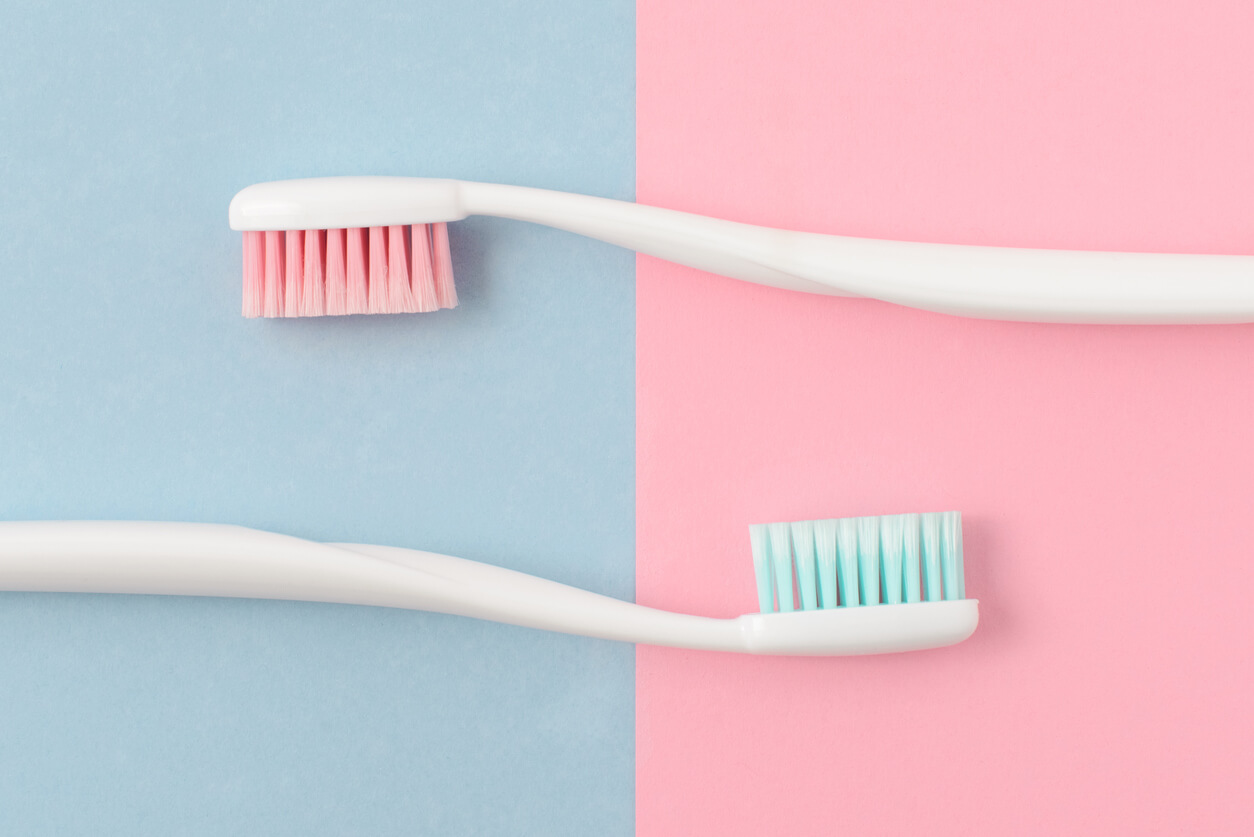After undergoing an oral procedure, life can be a little uncomfortable due to after dentist pain. There’s the numbness, the swelling, and the inevitable gauze. Despite all of your discomfort, this is where the healing starts. It is crucial to follow your Dentist’s specific instructions at this pivotal stage. These instructions will vary slightly between dentists and procedures, but there are a few universal aspects to consider.
If you are in need of a cosmetic dentist in Hollywood, look no further than GLO Modern Dentistry.
Numbness
If you’ve received a local anesthetic, the affected region will remain numb for a few hours after your procedure. During this time, you should avoid chewing and any potentially hot liquids. The reason for this avoidance is purely preemptive, as the anesthetic is designed to block after dentist pain.
Scientific American elaborates. Local anesthetics, such as Novocain, work by “blocking nerve transmission to pain centers in the central nervous system. They bind to and inhibit the function of an ion channel in the cell membrane.” In layman’s terms, Novocain creates gridlock traffic. This prevents your body from becoming aware of any trauma near the injection site.
Therefore, if you were to bite into a burger while still numb, your body would be incapable of differentiating between chewing on your meal and chewing on your own cheek. Ignoring your dentist’s instructions could potentially result in lasting soft-tissue damage and scarring.
Even once the numbness has passed, it is in your best interest to stick with soft foods that don’t require chewing for a few days after. Allowing your teeth a break from their day job gives your mouth the time it needs to recover from your procedure. Be patient with the healing process.
Swelling
Right in line with numbness, swelling is an expected side-effect of any dental procedure. The University of Michigan’s Medical School reports that swelling is actually a normal, desirable part of the immune response after a procedure. It is caused by the increased influx of lymphatic fluid to the site of injury. This fluid contains an army of white blood cells, which fight off any bacteria present, helping your body stay infection-free.
However, after the initial influx of protective white blood cells, you’ll need the swelling at the site to reduce before the wound can properly heal. The swelling should start to go away naturally after a few hours, but you can also help the process along. Keep yourself propped up and take some time to rest. Gravity will do its job and you can use ice 15 minutes on, 15 minutes off to push yourself a little closer to full recovery.
Bleeding
Bleeding isn’t a side-effect of every dental procedure. However, in the case of extractions or anything more invasive, it is something that will likely occur. At GLO Modern Dental we encourage patients to bite down on gauze for 30 to 45 minutes after a procedure likely to cause bleeding. The time and pressure allow for a blood clot to form at the site of the procedure. In the wet environment of your mouth, this can be difficult. It may require more than one attempt if you’re still bleeding after removing the gauze.
Unfortunately, clotting is necessary to blocking bacteria’s access to your circulatory system, so it is important to encourage it as quickly as possible. Rest, and avoid any activity that could increase your blood pressure, making it more difficult for a clot to form. You should definitely avoid smoking, alcohol consumption, and any strenuous activity for at least a few days after your procedure.
In addition, you should avoid brushing at the site for 24 hours. Afterward, a meticulous dental care routine will help to keep the wound site clean and bacteria-free. Remember to stay on top of your after dentist pain at home.
After Dentist Pain
You may suffer some discomfort once your anesthetic has worn off, but The Oral Health Foundation assures patients that over-the-counter pain medication will do the trick unless a prescription drug is given by your dentist. The foundation also suggests avoiding Aspirin as the properties of the drug will make it more difficult for an oral wound site to properly form a blood clot.
Be Prepared
These are some core guidelines for providing yourself with adequate care after an oral procedure, but you should absolutely discuss information specific to your case with your dentist prior to any dental procedure. Knowing ahead of time will ensure that your fridge is stocked with foods you can eat and that you have enough gauze, ice, and pain medication on hand once you get home.
